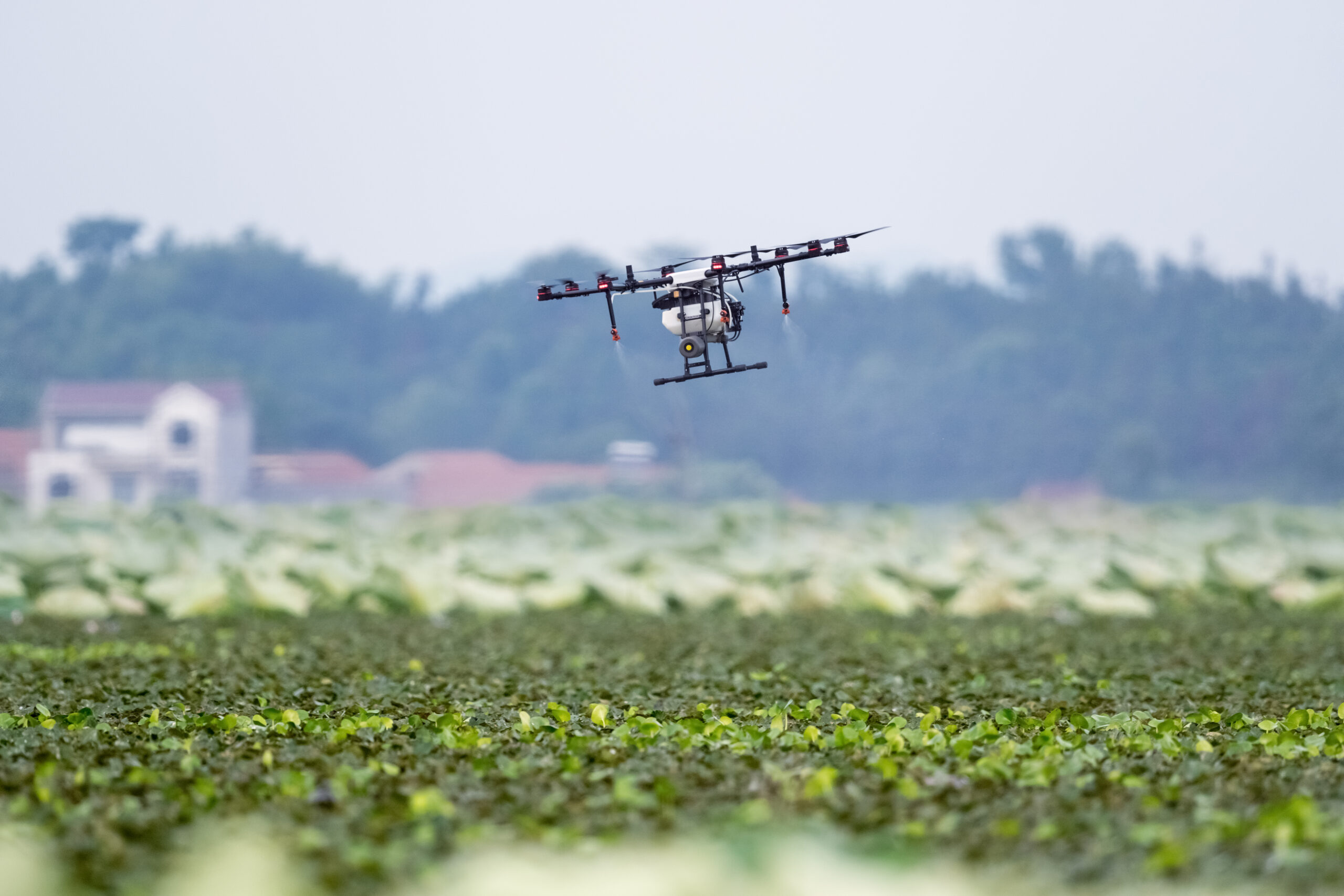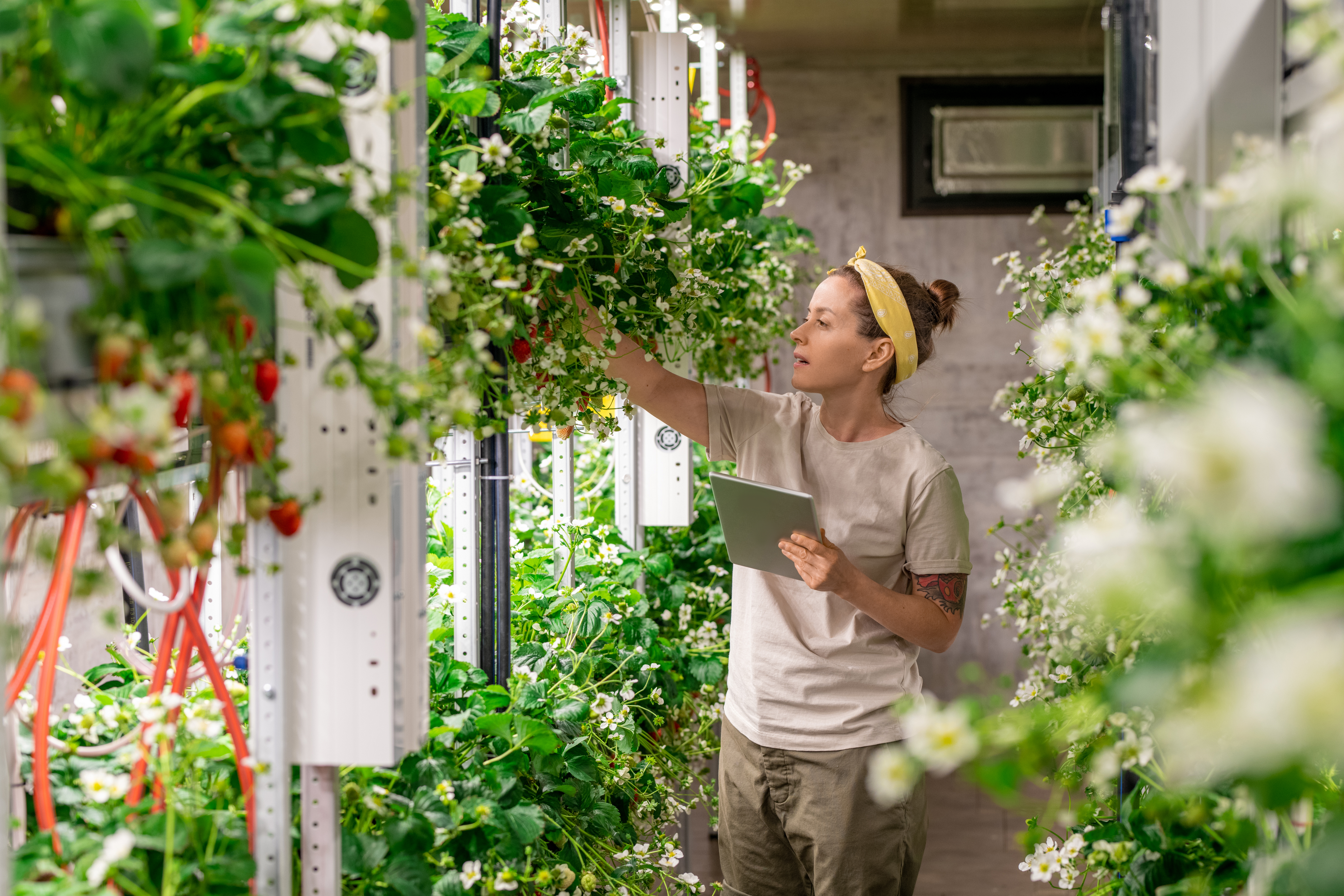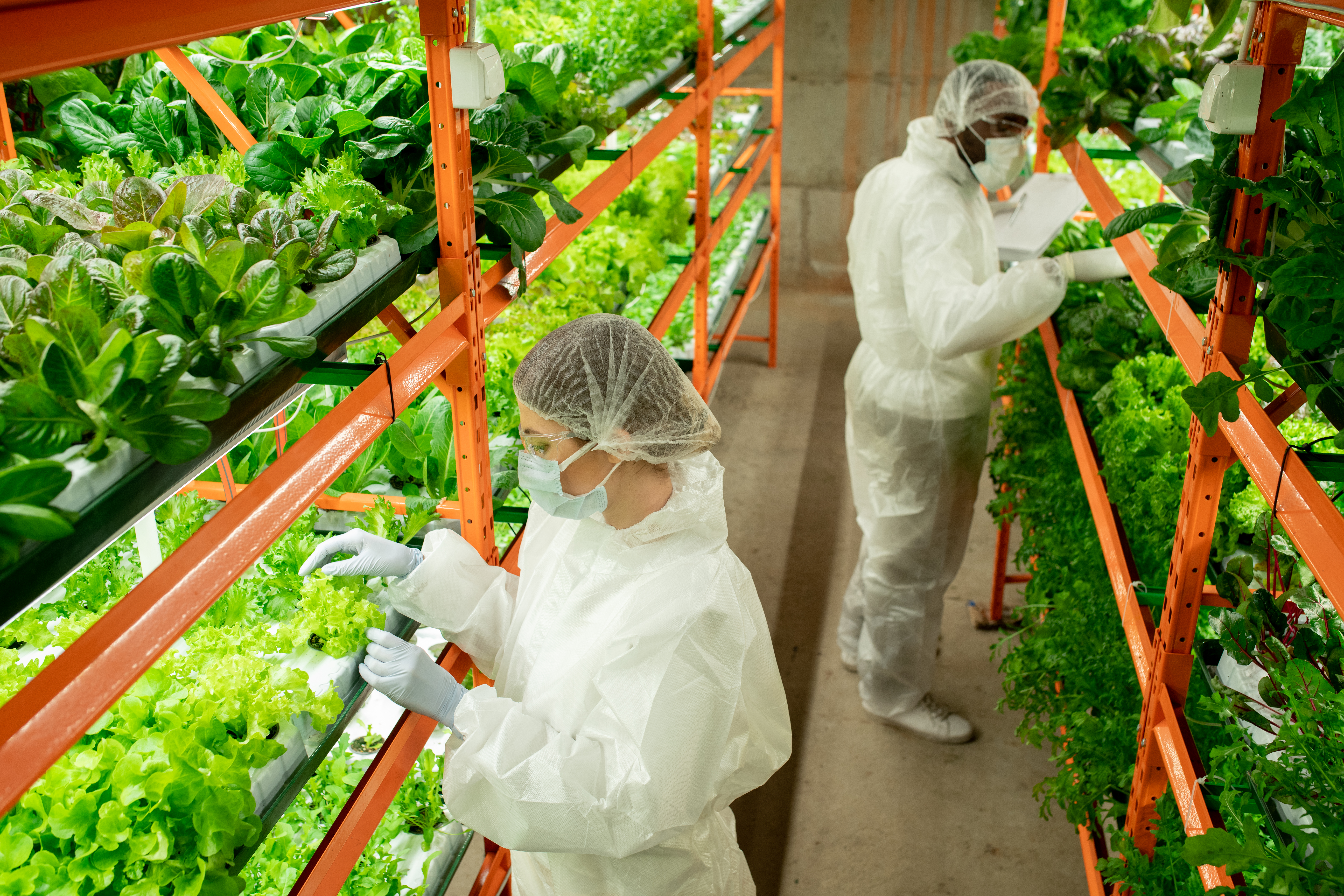
As the world’s largest user of land and water resources, the environmental challenges posed by agriculture are huge. However, as the world becomes more aware of the environmental challenges posed by this industry, conscious efforts are being made to promote sustainable practices in farming.
This month in particular, individuals, governments, and organisations have made incredible progress to bring us closer to a more sustainable future.
In this blog post, I’ll take a closer look into some of the latest stories emerging from the agricultural industry and the positive impact they are having on our planet.
Government investments and initiatives
- The United States Department of Agriculture announced an investment of more than $46 million in the Sustainable Agriculture Research and Education (SARE) program. This program supports projects that foster farmer–driven innovation to promote climate-smart practices that improve local economies and the quality of life in rural communities by making sustainable producers more profitable. Grant recipients are the University of Minnesota, University of Vermont, University of Georgia, Montana State University and University of Maryland.

- The UK Government has updated The Net Zero Growth Plan, developing a range of measures that can help decarbonise agricultural emissions. For example, farmers will be incentivised to restore peatlands and enhance tree planting on their lands to reduce and sequester emissions through agroforestry. Another measure would be introducing grass-legume mixtures. The incentives for several of those measures are covered through the Sustainable Farming Incentive and Countryside Stewardship.
- New Zealand has made an official ban of the export of live animals overseas to protect animal welfare during long journeys to countries such as China. The bill, which was passed last year, was announced by the Minister of Agriculture and went into effect on the 21st of April. Farmers have been given a two-year transition period to adapt their operations to the new regulations.
Innovative farming practices:
- IFarm - the vertical farming technology provider - announced its partnership with Opus 2G Group for the construction of an advanced automated vertical farm in the Smart City of Tehuantepec (Mexico). The vertical farm will have a cultivation area of 38,500 square meters and will employ IFarm’s StackGrow technology to grow over 35 different types of microgreens and leafy greens.


- Dutch Project received €200,000 for developing a recipe for the right growing conditions for saline vegetables on an indoor farm. The conditions take into account the needs of the crop, energy consumption, and technical system design. The research will be done with regard to logistics and energy savings measures.
- Iran has announced the expansion of its Greenhouse facility. Reza Bahramlou, the head of Hamedan province’s Agriculture Department announced 240 hectares of land were added to the area under greenhouse cultivation that accounts for producing 4.4% of the country’s agricultural goods.
Funding for agriculture-related startups:
- Brazil-based agribusiness marketplace Arado (formerly known as Clicampo) has raised $12 million in a Series A round. Acre Venture Partners led the round with participation from Syngenta Group Ventures and Globo Ventures as well as Maya Capital, Valor Capital, and SP Ventures. Arado will use the new funding to expand its existing markets in Brazil and continue developing its technology offerings for farmers and retailers.
- Babylon Micro-Farms, a smart indoor gardens startup, has secured $8 million in Series A funding. The investment was led by Venture South, with Virginia Venture Partners, Hull Street Capital, and New Theory Ventures as partners. The company will use this funding to accelerate its marketing efforts and production. In addition to that, Babylon Micro-Farms received $500,000 grant to support its innovation and growth from the National Science Foundation.
Global initiatives and collaboration:
- The meeting of Agricultural Chief Scientists (MACS) of G20 nations on “Sustainable Agriculture and Food System for Healthy People and Planet” concluded successfully on 17-19 April in Varanasi. The main points of discussion were digital agriculture and traceability, digital technological Solutions for reducing food loss and waste and agritech startup ecosystems.

Addressing challenges and concerns in the agriculture industry:
- Greenhouse growers in the east of England have addressed their need for government support to ensure the country can grow more of its own food. The Green House Growers pointed out that the recent shortages of salad crops, caused by unusually cold winters in Morocco and Spain, could have been avoided if more of the produce was grown in UK. During the winter, the UK imports about 95% of its tomatoes and 90% of its lettuces – this was even more enhanced this year due to high energy costs.
From supporting farmer-driven innovation to reducing agricultural emissions and promoting animal welfare, these initiatives are making a difference in creating a more resilient and sustainable farming sector.
At Gibson Watts, we are confident in our ability to secure the best candidates whilst keeping up with the demands of this ever-evolving market. We have the credentials and expertise to advise and support your business and empower a future generation of agricultural workers.
If you would like to find out more, you can contact us here: https://gibsonwatts.com/contact/

